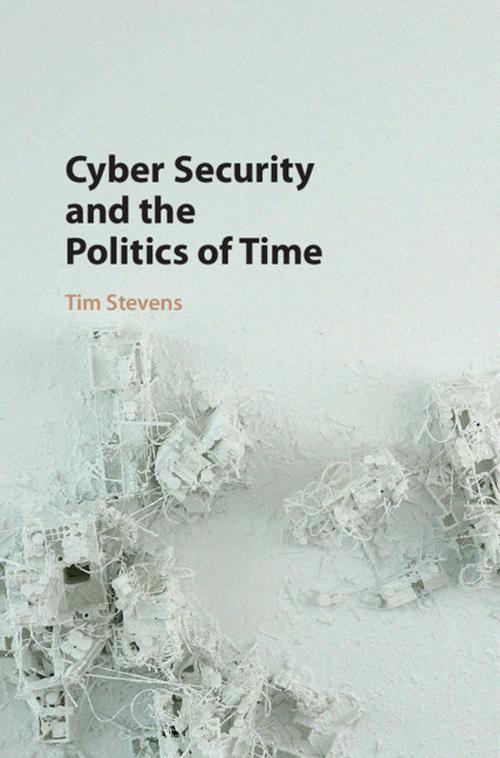Cyber Security and the Politics of Time
Nonfiction, Social & Cultural Studies, Political Science, International, International Relations, Social Science| Author: | Tim Stevens | ISBN: | 9781316423691 |
| Publisher: | Cambridge University Press | Publication: | October 9, 2015 |
| Imprint: | Cambridge University Press | Language: | English |
| Author: | Tim Stevens |
| ISBN: | 9781316423691 |
| Publisher: | Cambridge University Press |
| Publication: | October 9, 2015 |
| Imprint: | Cambridge University Press |
| Language: | English |
'Cyber security' is a recent addition to the global security agenda, concerned with protecting states and citizens from the misuse of computer networks for war, terrorism, economic espionage and criminal gain. Many argue that the ubiquity of computer networks calls for robust and pervasive countermeasures, not least governments concerned about their potential effects on national and economic security. Drawing on critical literature in international relations, security studies, political theory and social theory, this is the first book that describes how these visions of future cyber security are sustained in the communities that articulate them. Specifically, it shows that conceptions of time and temporality are foundational to the politics of cyber security. It explores how cyber security communities understand the past, present and future, thereby shaping cyber security as a political practice. Integrating a wide range of conceptual and empirical resources, this innovative book provides insight for scholars, practitioners and policymakers.
'Cyber security' is a recent addition to the global security agenda, concerned with protecting states and citizens from the misuse of computer networks for war, terrorism, economic espionage and criminal gain. Many argue that the ubiquity of computer networks calls for robust and pervasive countermeasures, not least governments concerned about their potential effects on national and economic security. Drawing on critical literature in international relations, security studies, political theory and social theory, this is the first book that describes how these visions of future cyber security are sustained in the communities that articulate them. Specifically, it shows that conceptions of time and temporality are foundational to the politics of cyber security. It explores how cyber security communities understand the past, present and future, thereby shaping cyber security as a political practice. Integrating a wide range of conceptual and empirical resources, this innovative book provides insight for scholars, practitioners and policymakers.















